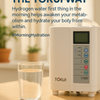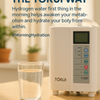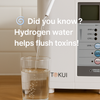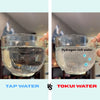Kangen Versus Tap: Understanding the Crucial Differences with Alkaline Water Machines
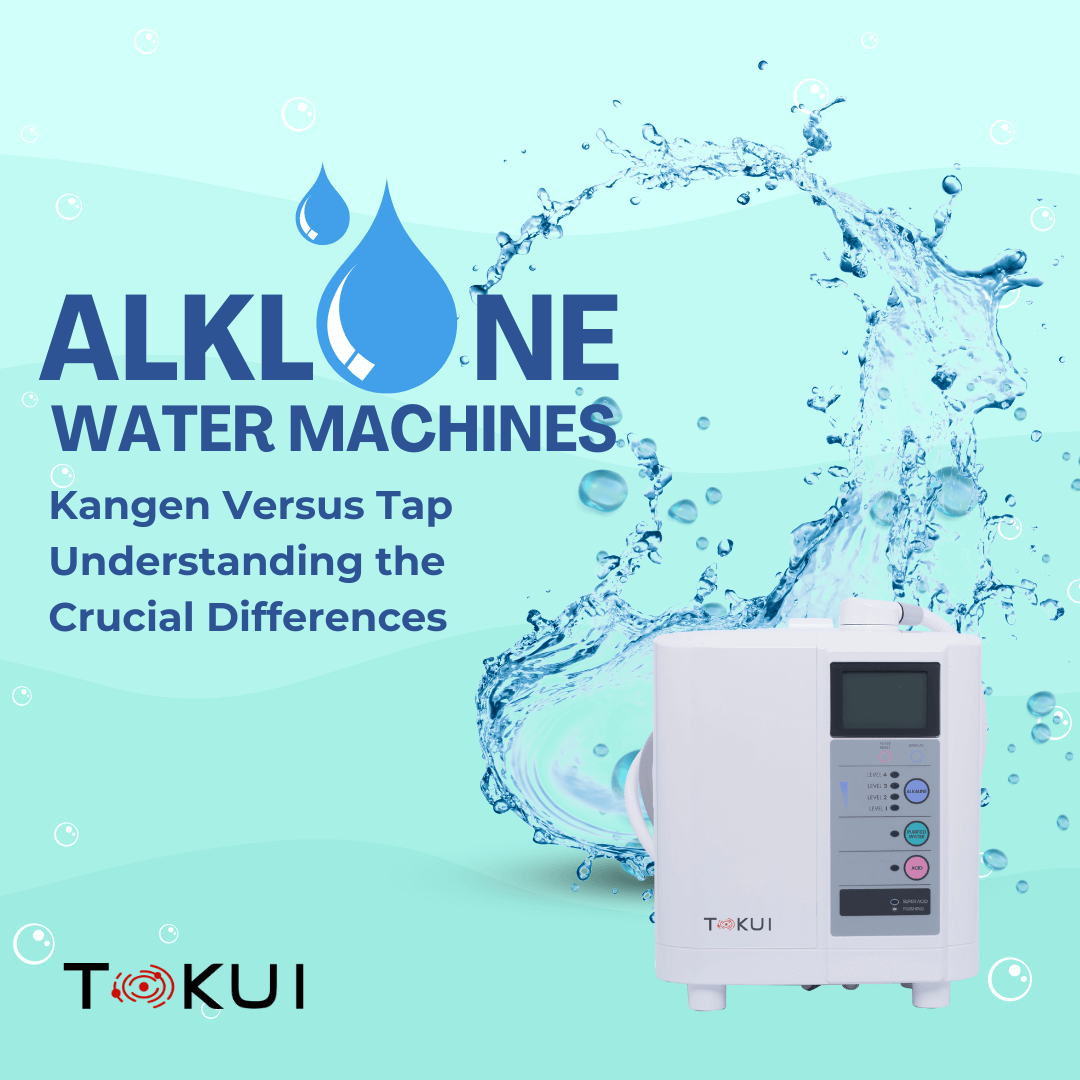
Water is an essential ingredient to life and maintaining hydration is key to health and wellbeing. However, not all water is created equal. This brings us to the debate between Kangen water and typical tap water, particularly in the context of alkaline water machines. Let's dive into understanding the crucial differences, focusing on the benefits and drawbacks of water produced by alkaline machines like Kangen compared to the water that flows from your tap.
What is Kangen Water?
Kangen water is alkaline water that is produced using a Kangen machine, which is a specific brand of alkaline water ionizer. These machines are designed to alter the pH level of your tap water, making it more alkaline. Proponents of Kangen water argue that its increased pH level offers various health benefits, including neutralizing acid in the bloodstream, boosting metabolism and helping your body absorb nutrients more effectively.
What are Alkaline Water Machines?
Alkaline water machines, such as the ones produced by Kangen, use a process known as electrolysis to increase the pH level of tap water. This process separates water into acidic and alkaline components. The alkaline part is what you drink, while the acidic water can be used for cleaning or discarded.
Kangen Water Versus Tap Water
1. pH Level: One of the most talked-about differences is the pH level. Tap water usually has a pH around 7, which is neutral, while Kangen water typically offers a pH between 8 and 9.5, making it more alkaline. This higher pH level of Kangen water is touted to be beneficial in balancing the body’s pH.
2. Processing: Tap water is typically treated with chemicals like chlorine to eliminate bacteria and viruses, which can sometimes give it a distinct taste and odour. Conversely, Kangen water goes through electrolysis to enhance its properties without the use of such chemicals.
3. Taste: Many users report that Kangen water has a smoother and more pleasant taste compared to tap water, which is often due to the removal of certain metallic tastes and the improved quality through ionization.
4. Minerals: Alkaline water machines claim to maintain and enhance the levels of minerals in water, as opposed to some tap waters which may lose mineral content due to processing at water treatment facilities.
5. Cost: Tap water is relatively inexpensive. Kangen machines, on the other hand, represent a significant investment, and the cost per litre of water consumed can be markedly higher.
6. Environment: Purchasing a Kangen machine could mean a reduction in plastic bottle use, which is beneficial for the environment. While it's true that tap water doesn't involve plastic usage, the prevalence of bottled water consumption as an alternative to tap water cannot be ignored.
Health Claims and Scientific Standpoint
It's important to address the numerous health claims made about alkaline water. While there are anecdotal reports of Kangen water improving personal health, the scientific evidence is not concrete. Reputable health sources often suggest that neutral pH tap water is perfectly adequate for most individuals and that the human body is proficient at maintaining its own pH balance.
Conclusion
In the debate between Kangen and tap water, the decision ultimately falls to personal preference and priorities. For those keen on exploring the potential benefits of alkaline water, investing in a Kangen machine could be worthwhile. However, for the average person, tap water remains a practical and cost-effective option. It is important to carry out thorough research and perhaps consult a health professional before making substantial changes to your water consumption habits.
